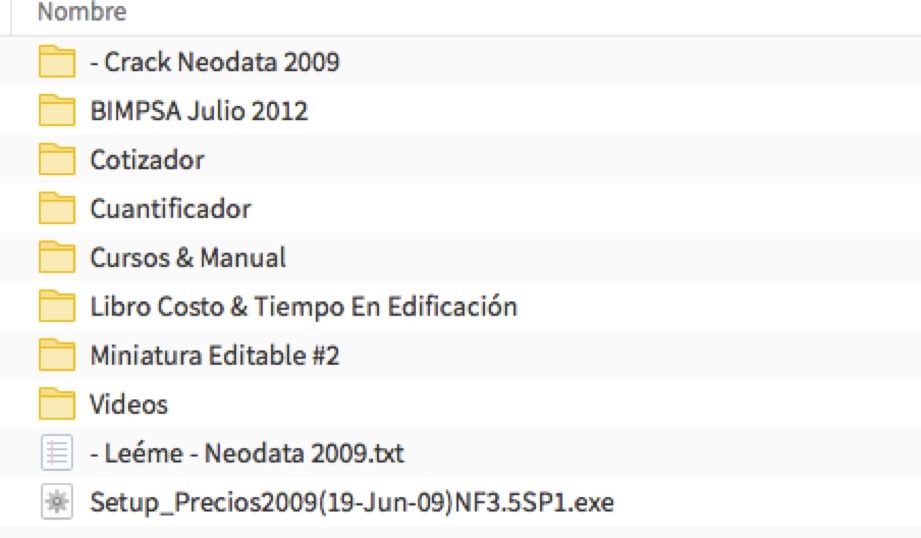Neodata 2009 Full Action

§§ 7, 3 (1994) (codified as amended). The analysis in this guidance applies to federal sector complaints of non-affirmative action employment discrimination arising under section 501 of the Rehabilitation Act of 1973.
Online journals and databases make finding research articles much easier than when this author started as a librarian more than 20 years ago. Modelj ekonomiki kitaya prezentaciya. Based on the data that emerged, a group of library staff and members of the campus' information • Koulouris, Alexandros; Kapidakis, Sarantos 2012-01-01 This paper presents a policy decision tree for digital information management in academic libraries. The decision tree is a policy guide, which offers alternative access and reproduction policy solutions according to the prevailing circumstances (for example acquisition method, copyright ownership). It refers to the digital information life cycle, • Kirkwood, Patricia 2011-01-01 Researchers were the first adopters of digital resources available through the library.
ENFORCEMENT GUIDANCE: REASONABLE ACCOMMODATION AND UNDUE HARDSHIP UNDER THE AMERICANS WITH DISABILITIES ACT The U.S. Equal Employment Opportunity Commission NOTICE Number 915.002 EEOC October 17, 2002 • SUBJECT: EEOC Enforcement Guidance on Reasonable Accommodation and Undue Hardship Under the Americans with Disabilities Act • PURPOSE: This enforcement guidance supersedes the enforcement guidance issued by the Commission on 03/01/99.
Most of the original guidance remains the same, but limited changes have been made as a result of: (1) the Supreme Court's decision in US Airways, Inc. Barnett, 535 U.S., 122 S. 1516 (2002), and (2) the Commission's issuance of new regulations under section 501 of the Rehabilitation Act. The major changes in response to the Barnett decision are found on pages 4-5, 44-45, and 61-62. In addition, minor changes were made to certain footnotes and the Instructions for Investigators as a result of the Barnett decision and the new section 501 regulations. • EFFECTIVE DATE: Upon receipt.
• EXPIRATION DATE: As an exception to EEOC Order 205.001, Appendix B, Attachment 4,. A(5), this Notice will remain in effect until rescinded or superseded. • ORIGINATOR: ADA Division, Office of Legal Counsel. • INSTRUCTIONS: File after Section 902 of Volume II of the Compliance Manual. Enforcement Guidance: Reasonable Accommodation and Undue Hardship Under the Americans with Disabilities Act.
The Americans with Disabilities Act (ADA) Amendments Act of 2008 was signed into law on September 25, 2008 and becomes effective January 1, 2009. Because this law makes several significant changes, including changes to the definition of the term 'disability,' the EEOC will be evaluating the impact of these changes on this document and other publications. See the made by the ADA Amendments Act. Table of Contents This Enforcement Guidance clarifies the rights and responsibilities of employers and individuals with disabilities regarding reasonable accommodation and undue hardship. Title I of the ADA requires an employer to provide reasonable accommodation to qualified individuals with disabilities who are employees or applicants for employment, except when such accommodation would cause an undue hardship. This Guidance sets forth an employer's legal obligations regarding reasonable accommodation; however, employers may provide more than the law requires. This Guidance examines what 'reasonable accommodation' means and who is entitled to receive it.
The Guidance addresses what constitutes a request for reasonable accommodation, the form and substance of the request, and an employer's ability to ask questions and seek documentation after a request has been made. The Guidance discusses reasonable accommodations applicable to the hiring process and to the benefits and privileges of employment. The Guidance also covers different types of reasonable accommodations related to job performance, including job restructuring, leave, modified or part-time schedules, modified workplace policies, and reassignment. Questions concerning the relationship between the ADA and the Family and Medical Leave Act (FMLA) are examined as they affect leave and modified schedules. Reassignment issues addressed include who is entitled to reassignment and the extent to which an employer must search for a vacant position. The Guidance also examines issues concerning the interplay between reasonable accommodations and conduct rules. The final section of this Guidance discusses undue hardship, including when requests for schedule modifications and leave may be denied.
- пятница 07 декабря
- 8